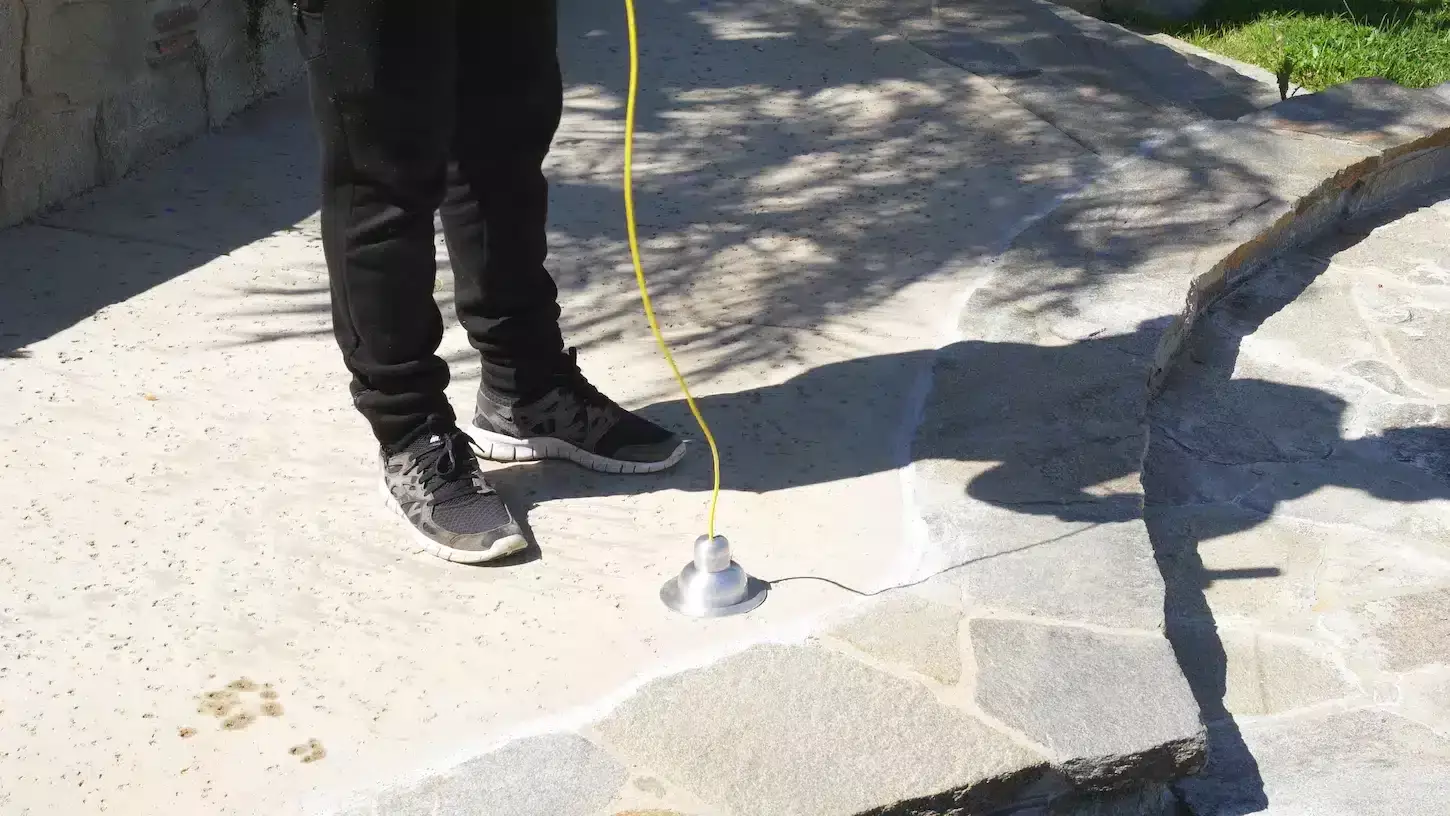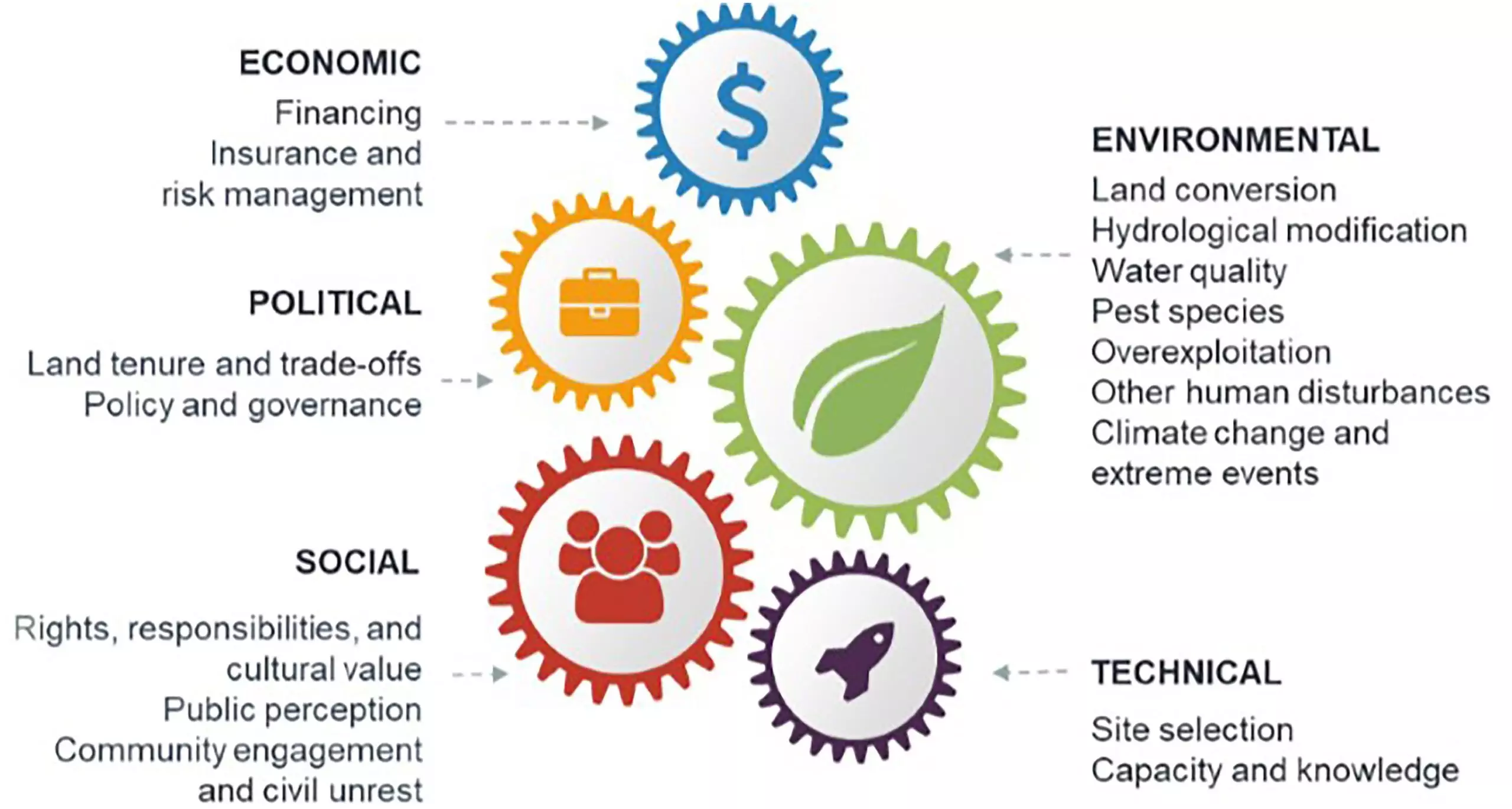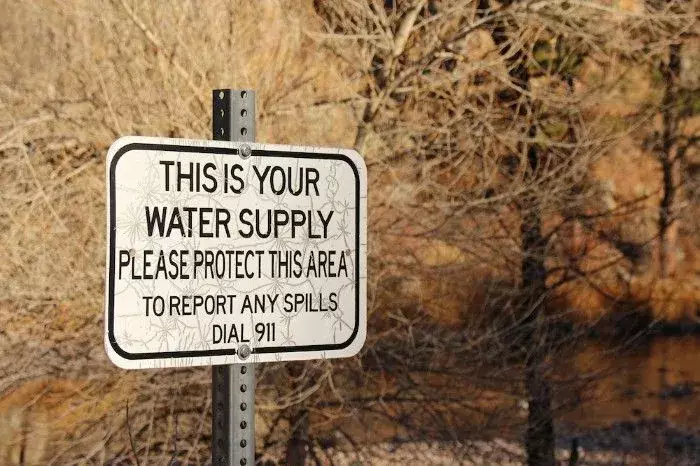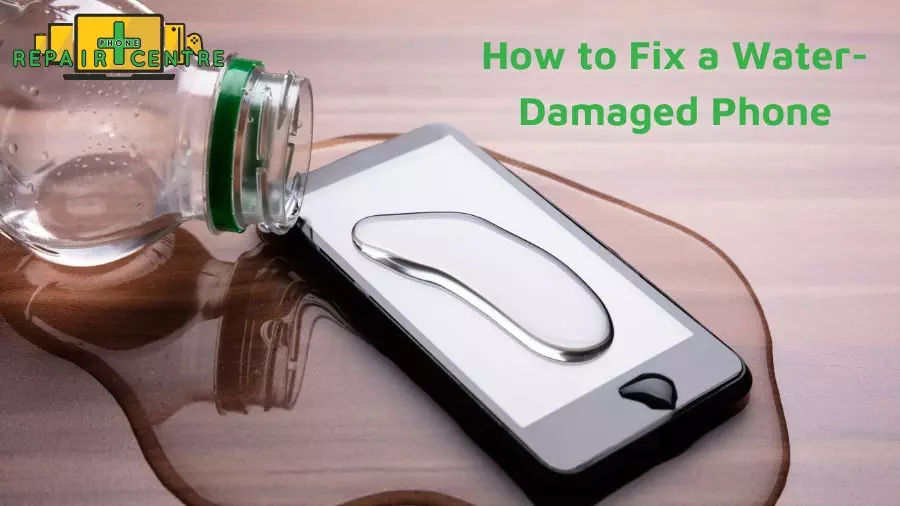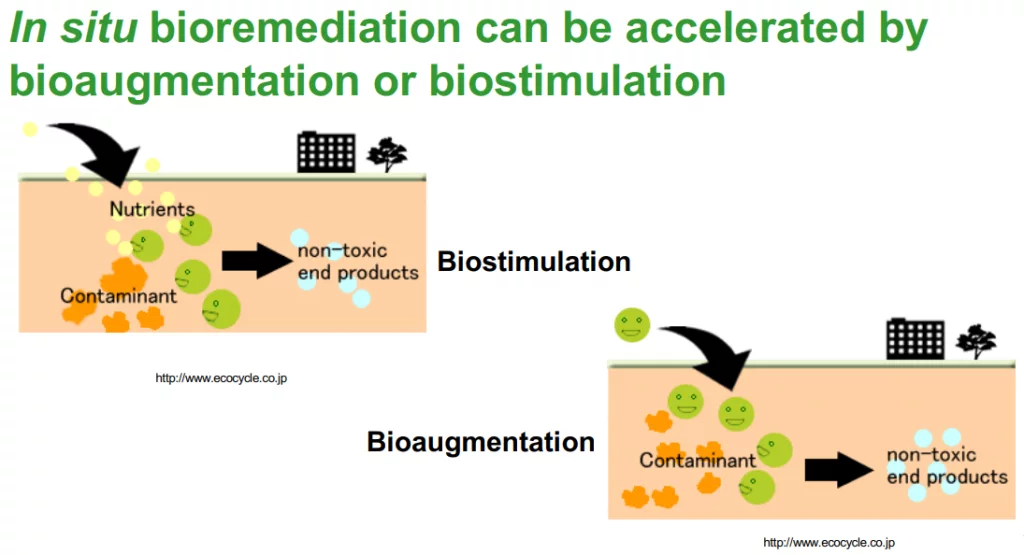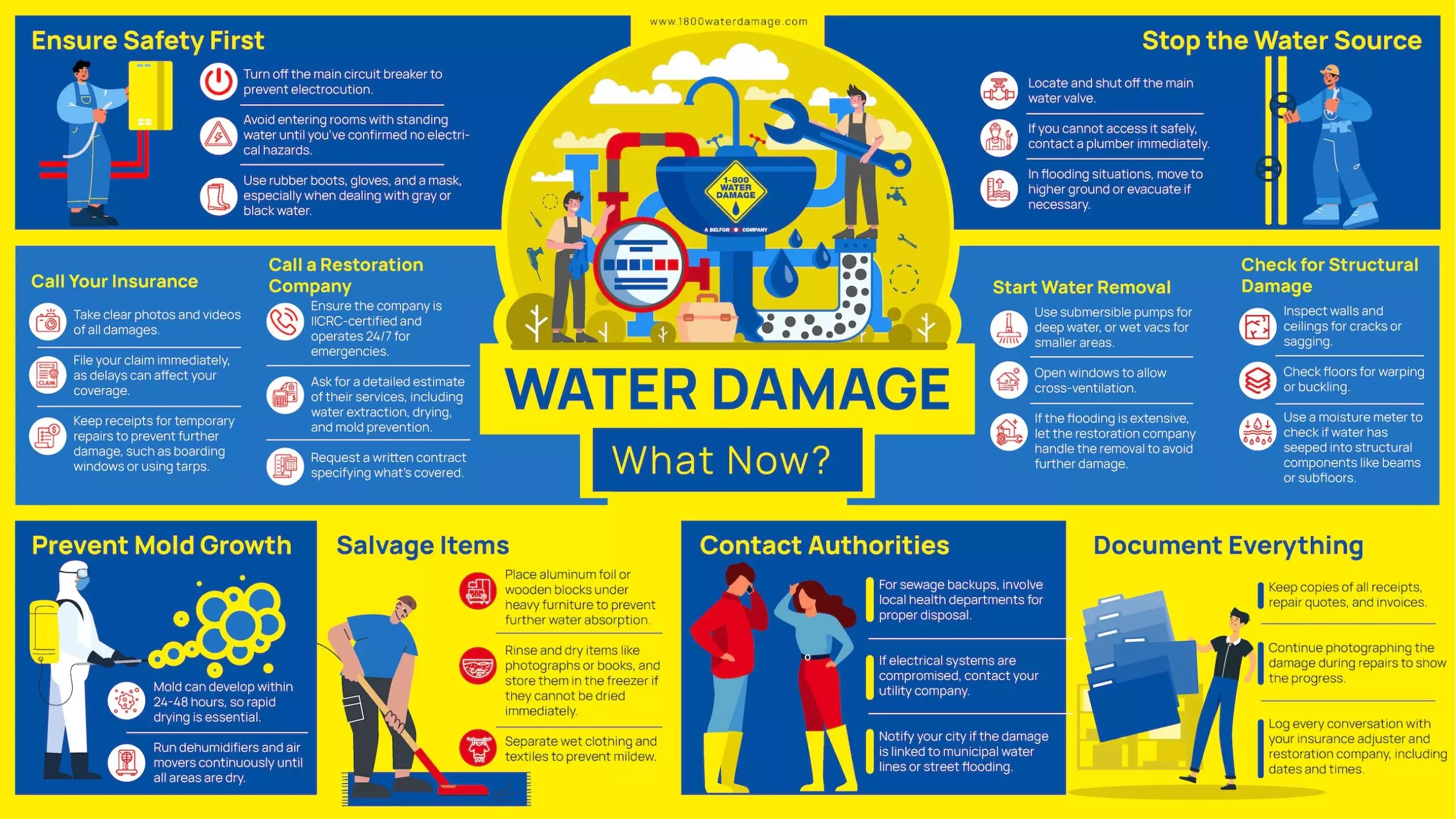
The Step-by-Step Guide to Water Damage Prevention
Are you concerned about the risks lurking in your home? Water damage prevention is crucial in safeguarding your property from unforeseen disasters. Bursting pipes and leaky roofs might seem minor, but they can lead to significant problems. Whether it’s a hidden leak or a sudden overflow, you need to act now. By understanding how to protect your home, you can avoid costly repairs and maintain peace of mind.
Imagine effortlessly monitoring your home’s water systems with smart home water sensors and leak detection systems. These devices alert you to potential issues before they become disasters. Flood prevention technology and home water monitoring tools are just some of the innovations designed to protect your investment. Identifying vulnerable areas and addressing common concerns like water pressure and faulty seals makes a huge difference in preventing water damage.
Don’t leave your home’s safety to chance. Dive into this guide now to learn effective steps for water damage mitigation. Equip yourself with knowledge and tools to secure your home today!

Throughout the article
Understanding Water Damage Prevention
Importance of Water Damage Prevention
Water damage prevention is crucial because it protects your home from costly repairs. When you take steps to prevent water from causing serious property damage, you save money and avoid a lot of stress. Think about the inconvenience of dealing with leaks or floods. Now, imagine not having to worry about such issues. That’s the benefit of effective prevention.
If you neglect water damage prevention, even small problems can become big headaches. For instance, a minor leak in your roof could lead to serious water liquid damage over time. Therefore, always prioritize prevention to keep your home safe and sound.
Basic Water Damage Prevention Tips
To start, regularly inspect your roofs and pipes. These areas are often the first places where problems begin. Fix any issues immediately to prevent water from entering your home. You should also check your gutters and drains to ensure they are clear. Clogged gutters can cause water to back up and damage your home’s structure.
Another essential tip is to know the location of your home’s water shutoff valve. In an emergency, being able to quickly turn off the water supply can prevent a small leak from becoming a major disaster. By following these basic tips, you help guard your home against water damage.

Advanced Strategies for Water Damage Prevention
Using Smart Home Water Sensors
Smart home water sensors are a fantastic tool for preventing water damage. These devices detect leaks instantly, helping you save your property from water damage. By placing them in vulnerable areas like under sinks or near water heaters, you get immediate alerts if something goes wrong.
These sensors are not only effective but also easy to install. Once in place, they work around the clock to monitor for leaks. Thanks to this technology, you can enjoy peace of mind knowing your home is protected. Therefore, investing in smart water sensors is a wise choice for any homeowner.
Installing Leak Detection Systems
Consider installing leak detection systems in your home. These systems alert you to hidden leaks promptly. They can be connected to your smartphone, allowing you to monitor your home’s plumbing even when you’re away. This technology is incredibly valuable because it helps you catch leaks before they cause significant property damage.
Once a leak is detected, you can take immediate action. This not only prevents damage but also reduces your water bill. With a good leak detection system, you can protect your home effectively and prevent costly repairs.
Exploring Flood Prevention Technology
Flood prevention technology is essential if you live in an area prone to heavy rains or flooding. Using devices like sump pumps and barriers can guard against severe water events. These technologies work by redirecting water away from vulnerable areas in your home.
A sump pump, for instance, automatically removes excess water from your basement. Meanwhile, barriers can be set up around your home’s foundation to keep water out. These measures, together with other technology, ensure that your home is well-protected against flooding.

Ongoing Water Damage Mitigation Practices
Implementing Home Water Monitoring
Home water monitoring involves tracking your water use to catch issues early. By monitoring your water usage, you can identify unusual patterns that may indicate a leak. This practice helps you avoid high water bills and potential damage.
Home water monitoring systems are easy to install and use. They provide real-time data on your water consumption, making it easier to spot problems. By keeping an eye on your water usage, you can take swift action to prevent damage.
Regular Maintenance and Inspections
Regular maintenance and inspections are key to preventing faults and reducing risks effectively. Schedule routine checks for your plumbing and appliances. This ensures they are in good working order and not at risk of failure.
During inspections, look for signs of wear or potential leaks. Address these issues quickly to avoid costly repairs. Regular maintenance helps maintain the integrity of your home, ensuring it remains safe and sound. Therefore, make inspections a regular part of your home care routine to keep water damage at bay.
Take Charge of Your Home’s Safety
Understanding how to safeguard your home is crucial. By installing smart home water sensors, you reduce risks of unexpected leaks. These tools can help you monitor water usage and avoid costly repairs. You gain peace of mind, knowing you’ve taken steps to protect your space.
Begin by assessing the vulnerable areas in your home. Check your gutters, seals, and water heaters for potential issues. Consider investing in a leak detection system to catch problems early. You don’t need to tackle everything at once. Start with small efforts and build towards comprehensive protection.
Now is the time to act. Take a walk around your home and inspect potential problem areas. Reach out to a professional if needed. Protect your home and your peace of mind today.
